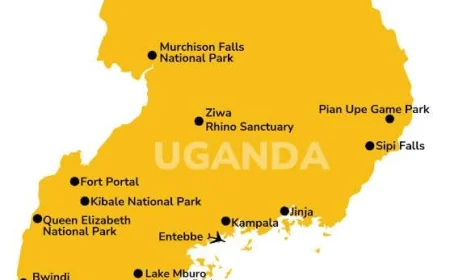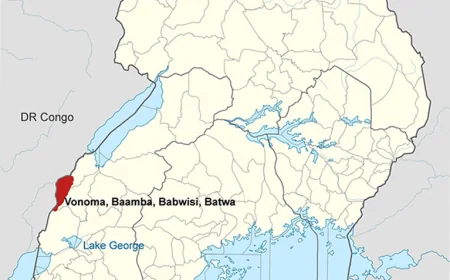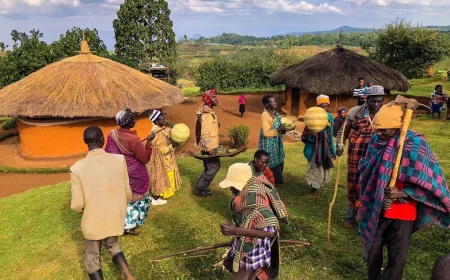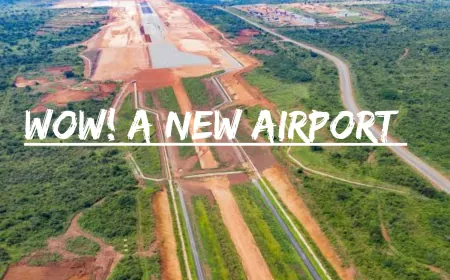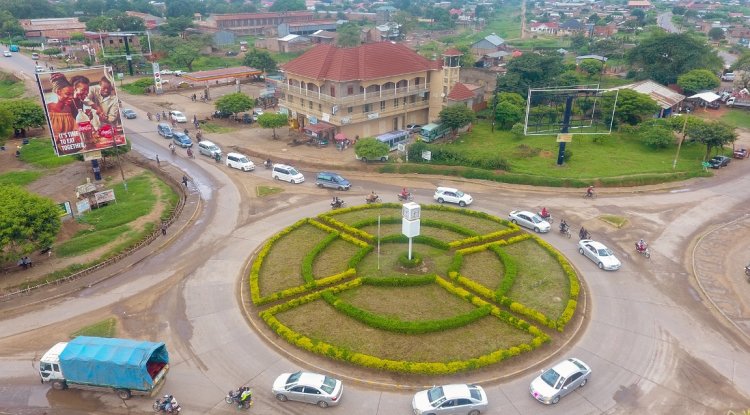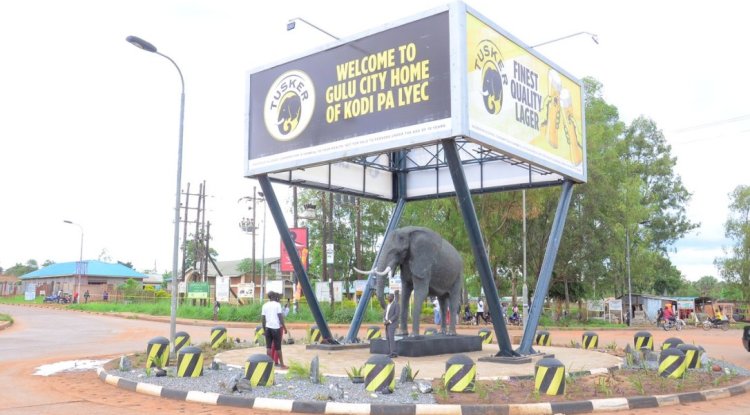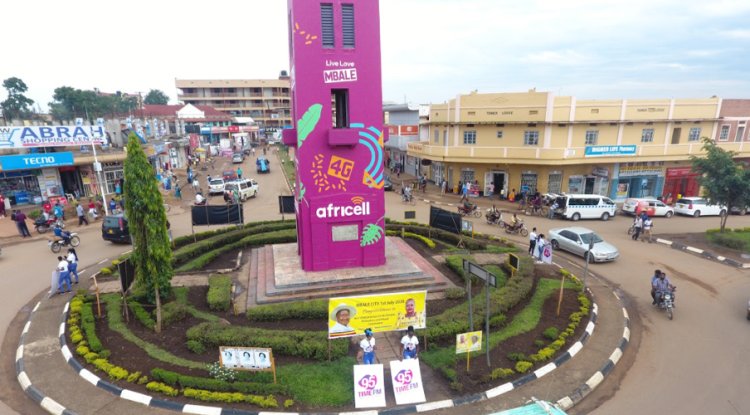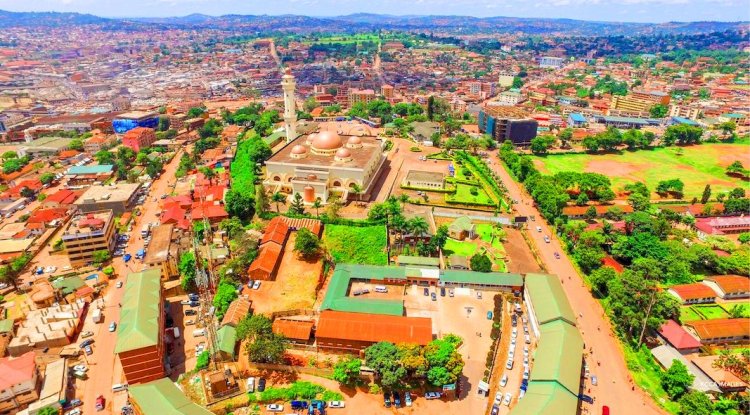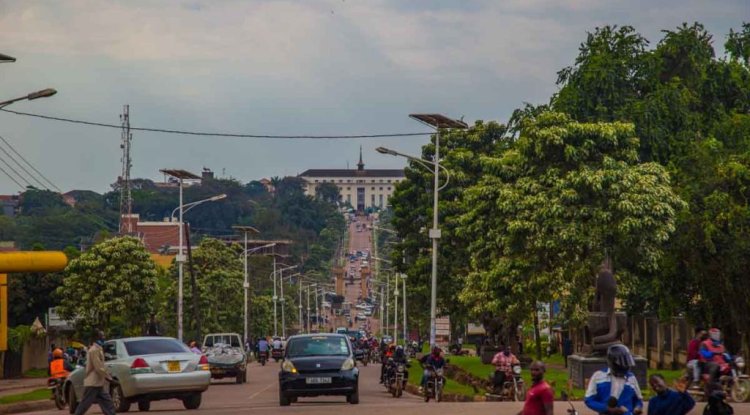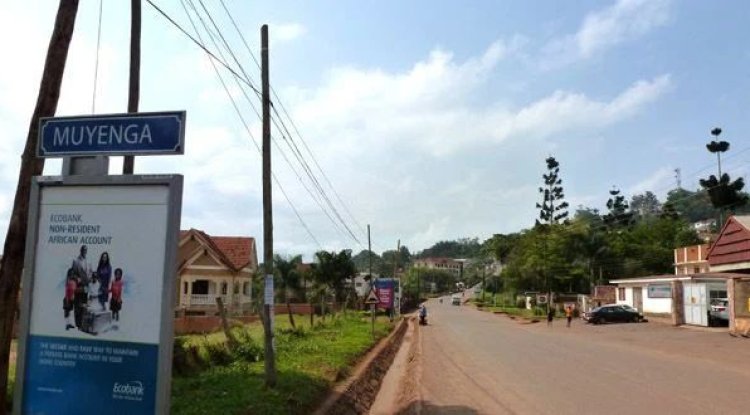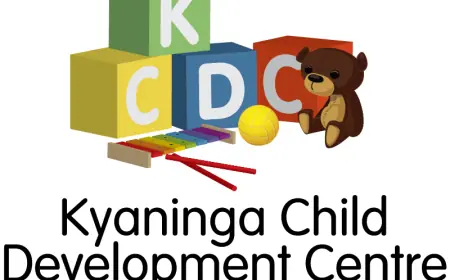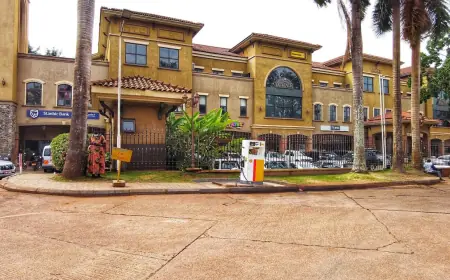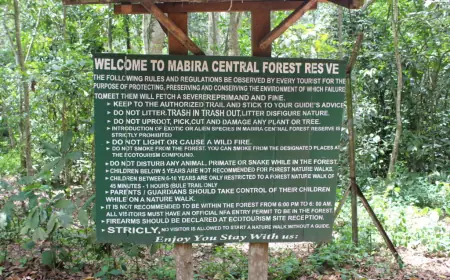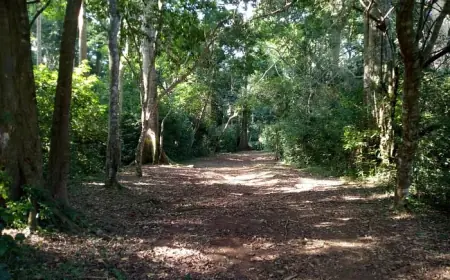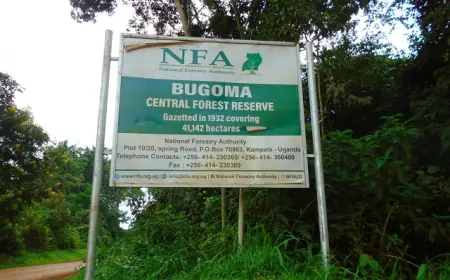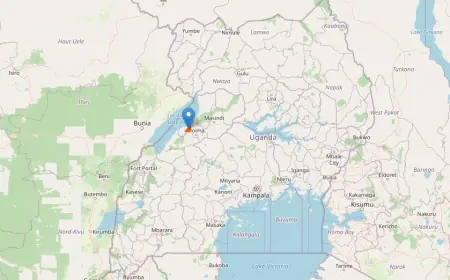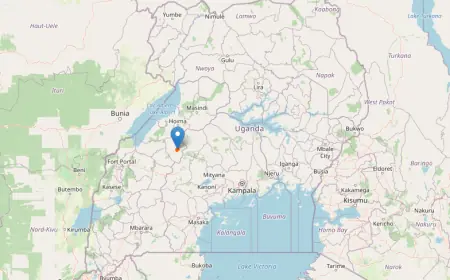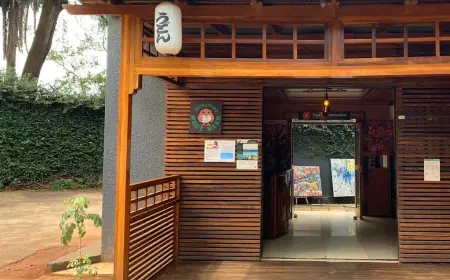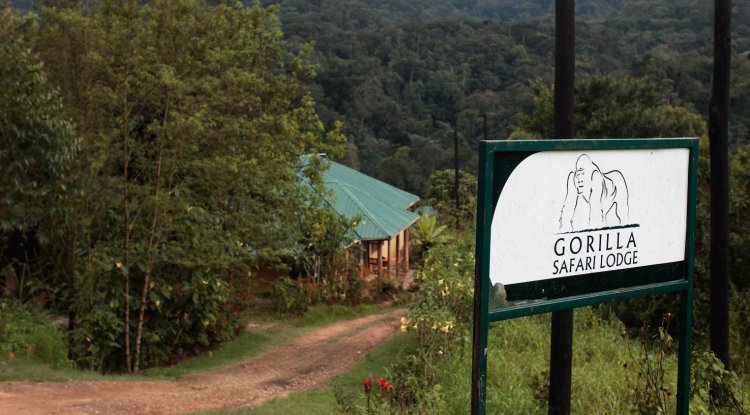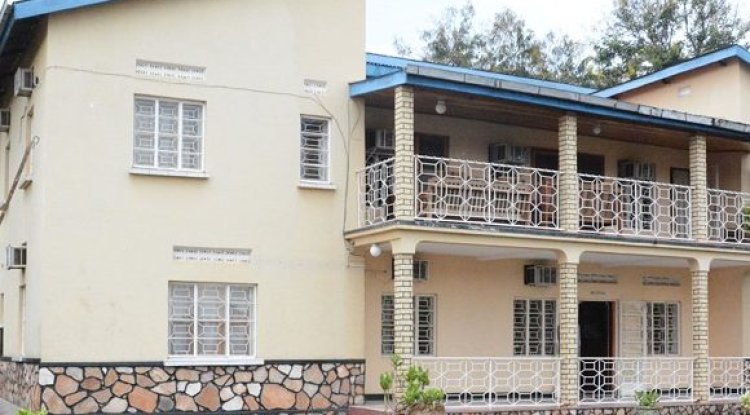How to Learn Luganda: A Comprehensive Guide for Expats
. Whether you’re an expat planning to stay in Uganda for the short or long term, learning Luganda can significantly enrich your experience.

Luganda, the mother tongue of the Baganda people, is one of the most widely spoken languages in Uganda. Whether you’re an expat planning to stay in Uganda for the short or long term, learning Luganda can significantly enrich your experience. This guide will provide you with a comprehensive roadmap to mastering Luganda.
Table of Contents
Why learn Luganda?
Effective Communication
English may be a common language in Uganda, but Luganda is more widely used in some regions. If you want to interact well with the people, especially in the countryside, you should learn Luganda.
Cultural Immersion
Luganda is more than just a language. It is a way of expressing the identity, heritage, and worldview of the Baganda people. When you learn Luganda, you are not only acquiring a new skill but also immersing yourself in a vibrant and diverse culture. You can discover the stories, customs, and beliefs that have shaped the Baganda for centuries.
Integration
If you want to have a pleasant and enriching experience in Uganda, learning Luganda is a great way to do so. Luganda is the language of the local people, and by speaking it, you can connect with them on a personal level and build lasting relationships. You can also learn more about the culture and customs of Uganda through the language, which can help you adapt to your surroundings and show respect to others.
Understanding Luganda
Grammar
Luganda grammar is unique, with a structure that is quite different from English. It uses prefixes to denote tense, which can be challenging for English speakers. However, with consistent practise, you can master Luganda grammar.
Vocabulary
Building a strong vocabulary is crucial for effective communication. Start with common phrases and gradually expand your vocabulary.
Pronunciation
Luganda has specific phonetic rules. Listening to native speakers and practising pronunciation can improve your spoken Luganda.
Learning Resources
Formal Education:
If you have the time and resources, you can enrol in a Luganda programme or course at Makerere University, the largest and oldest university in Uganda. They offer various levels of Luganda studies, from beginner to expert, covering grammar, vocabulary, phonology, and culture. You can also earn a certificate or a degree in Luganda.
Language Centres
If you prefer a more flexible and practical approach, you can join a Luganda class at one of the language centres in Kampala, the capital city of Uganda. Some of the popular ones are Goethe-Zentrum, Alliance Française, City Language Centre, and Pop Up Cafe. They offer different schedules, formats, and prices to suit your needs and preferences. You can also find tutors for private or group lessons through these centres.
Self-study Resources
If you want to learn Luganda at your own pace and convenience, you can use some of the online resources available for free or for a fee. Some of the useful ones are the Luganda Society, Omniglot, and the Luganda/English Phrasebook for Tourists. They provide basic information, lessons, exercises, and tips for learning Luganda. You can also find online communities, forums, and podcasts for Luganda learners and speakers.
We've also written some basic phrase guides on How to Impress the Locals with Your Luganda Skills
Luganda Courses and Resources
- Goethe-Zentrum Website for Luganda
- Alliance Française Kampala’s Website for Luganda
- City Language Centre Website for Luganda
Immersive Learning
Practise with locals.
If you want to master Luganda, you need to use it in real conversations. Find native speakers who can help you practise your Luganda skills. They will correct your errors and teach you new words and expressions. Don’t worry about making mistakes; they are a natural part of learning a new language.
Media Consumption
If you want to learn Luganda better, one of the best ways is to immerse yourself in the media that use this language. You can listen to Luganda music, which is rich in rhythm, melody, and expression. You can watch local TV shows, which are entertaining and informative. You can also read local newspapers, which cover the latest news and events in Uganda and beyond. By doing these activities, you will not only improve your vocabulary, grammar, and pronunciation, but also your cultural awareness and appreciation. You will learn more about the history, traditions, and values of the Luganda people. You will also enjoy the diversity and creativity of their media products. Media consumption is a fun and effective way to enhance your Luganda skills.
Language Exchange Programmes
Language exchange programmes are a great way to improve your Luganda skills and make new friends. You can join online platforms or local groups that connect you with native Luganda speakers who want to learn your language. By exchanging messages, voice calls, or video chats, you can practise Luganda in a natural and fun way while also helping your partner learn your language. You can also learn about the culture, history, and traditions of Uganda and share your own experiences and interests. Language exchange programmes are beneficial for both parties, as they offer mutual support, feedback, and motivation.
Wrapping Up
Learning Luganda can be a rewarding experience. It not only facilitates communication but also provides a deeper understanding of the local culture. Whether you’re in Uganda for a short visit or a long-term stay, learning Luganda can greatly enhance your experience. Remember, language learning is a journey. Enjoy the process and embrace the opportunities it brings. Happy learning!
Additional Tips
- Patience: Learning a new language takes time. Be patient with yourself and celebrate small victories along the way. Don't get discouraged if you make mistakes or struggle with certain aspects of the language. Keep practising and seeking opportunities to use Luganda in real-life situations. Remember, every step forward is progress, no matter how small.
- Consistency: Regular practise is key to mastering a language. Make it a habit to practise Luganda every day. Consistency is important in order to retain what you have learned and build upon it. Set aside dedicated time each day to study and practise Luganda, whether it's through listening to podcasts, reading books, or conversing with native speakers. By making it a daily habit, you will see gradual improvement and feel more confident in your language skills.
- Cultural Sensitivity: Be respectful of the local culture and customs. This will help you build strong relationships with the locals. Take the time to learn about Luganda customs and traditions, as well as the appropriate ways to greet and interact with others. Showing cultural sensitivity will not only enhance your language learning experience but also demonstrate your respect for the local community. Additionally, being open-minded and willing to adapt to different cultural norms will make it easier for you to connect with native speakers and deepen your understanding of the Luganda language and culture.
- Open-mindedness: Be open to new experiences and ideas. This will make your language-learning journey more enjoyable and rewarding. Being open-minded allows you to embrace different perspectives and learn from others, which can greatly enrich your understanding of Luganda language and culture. It also helps you overcome any potential cultural barriers and fosters meaningful connections with native speakers. Ultimately, being open-minded will make your language learning journey more fulfilling and help you become a more well-rounded individual.
- Perseverance: Don’t get discouraged by initial difficulties. Keep practising, and you’ll see improvement over time. Learning a new language can be challenging, especially in the beginning when you may struggle with pronunciation or grammar. However, with perseverance and consistent practise, you will gradually become more comfortable and confident in your abilities. Remember that progress takes time, so don't give up easily and stay motivated to achieve your language learning goals.
I hope this guide helps you on your journey to learning Luganda. Good luck!
What's Your Reaction?
 Like
1
Like
1
 Dislike
0
Dislike
0
 Love
0
Love
0
 Funny
1
Funny
1
 Angry
1
Angry
1
 Sad
0
Sad
0
 Wow
0
Wow
0
